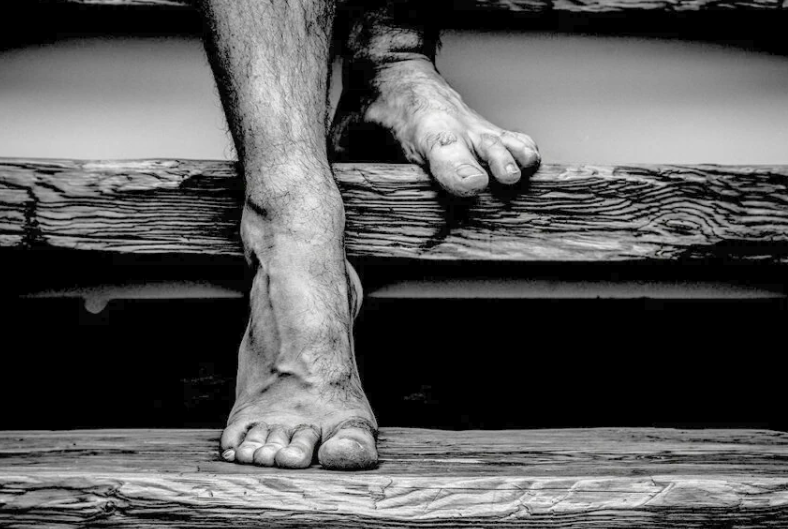Anxiety and depression are two of the most common mental illnesses in the world, affecting millions of people across the globe. Being two different disorders, they often go hand in hand, compelling one to ask whether anxiety is one of the stages of depression.
Understanding the relatability and difference between anxiety and depression requires a look into the stages, causes of depression, and symptoms of both conditions.
What Is Depression?
Depression, commonly referred to as depressive disorder, is one of the most prevalent mental health disorders. It is characterized by a long duration of loneliness and a loss of interest in activities.
Along with a loss of interest in activities, there could be more symptoms of depression:
- inability to focus
- feelings of intense shame or worthlessness
- hopelessness about the future
- feeling very tired or having no energy
- Sleeping for long intervals, suicidal thoughts
- Having little interest in food or needing help eating.
Causes of Depression
Depression is mediated through several diverse and complex variables that include:
- Biological tendencies
- Psychological factors
- Environmental factors
- Hereditary components
- Traumatic experiences
- Chronic stress
- Certain medical conditions
Much more critically, one major cause of depression and anxiety is the imbalance of neurotransmitters, which refers to a chemical imbalance in the brain.
Symptoms of Depression and Anxiety
Even while anxiety and depression both have unique symptoms, there is much overlapping between the two. Clinical depression normally manifests with extended melancholy and despair, exhaustion, and sleep and eating pattern abnormalities.
Anxiety is generally combined with excessive sweating and tachycardia, with some mental symptoms like excessive stress and restlessness. On many occasions, this distinction is blurred because of overlapping symptoms.
Stages of Depressions
This is a serious disorder that may sometimes appear in various forms: from mild to severe depression. Common stages of depression are as follows:
- Mild depression: This period is marked by a continuous sense of sorrow and a loss of interest in numerous activities.
- Moderate Depression: Symptoms worsen and begin to affect everyday functioning.
- Severe depression: Major depressive disorder refers to the most intense, paralyzing forms of symptoms that can hamper functioning.
Any of these stages may be accompanied by anxiety, either as a comorbid condition or as part of the depressive state.
Chronic Depression Therapy
Anyone experiencing severe depression should receive effective treatment. Very frequently, chronic depression therapy combines medication, psychotherapy, and lifestyle modifications. Antidepressants are major depressive disorder medications aimed at controlling neurotransmitter levels to decrease symptoms.
In dealing with thoughts and behaviors that lead to anxiety and depression by particularly targeting negative thinking patterns, psychotherapy is very instrumental, especially with cognitive-behavioral therapy (CBT).
Signs of Clinical Depression
Notice the signs of clinical depression so that early detection and effective treatment may be provided. Crucial indications include:
- Empty feelings
- Decline of interest in activities liked by you previously
- Noticeable increase or decrease in weight
- Too much or too little sleep
- Fatigue or low-energy
- Feelings of excessive guilt or worthlessness
- Inability to concentrate or make decisions
- Recurrent thoughts of death or suicide
The symptoms are further aggravated by anxiety, raising the stakes in dealing with depression.
Treatment of Depression
Depression is treatable. These include drugs and counseling. One should seek help if symptoms of depression arise.
The first step in treatment for depression is psychological. In moderate to severe cases of depression, psychological therapy may be used alongside antidepressant medications. In the case of moderate depression, antidepressant drugs are not needed.
A word from Doctor
One has to understand how anxiety interacts with depression to make an effective diagnosis and arrive at treatment methods for patients. Although anxiety and depression are not stages of each other, the two conditions go together very often, especially when the depression is very acute. Understanding the phases of depression and the common causes of depression will be important in tailoring the treatment methods for each patient to the clinician.
So, get started by contacting us right away.

